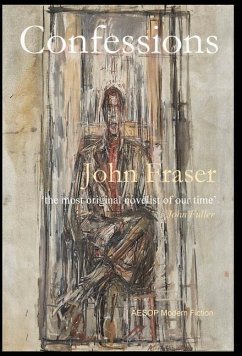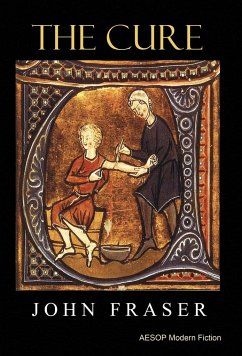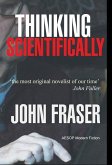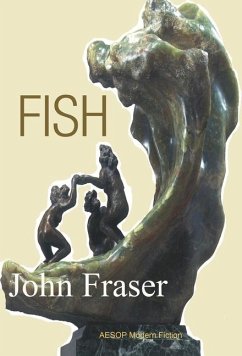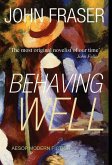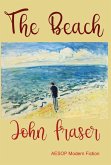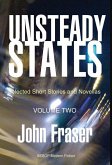John Fraser's latest novel shows how confessions are less about contrition than about seeking accomplices and pardoners - though there is a nod to various 'confessors' - Augustine, Rousseau. Confessions starts with an invocation to addiction, those who take on that burden, and those who will take it on or share it. The story follows the branches of a family tree, rooted in the life of an alcoholic and his accomplice-therapist, and their descendants. Their children are shown being forced to confess what they - probably - haven't done, and to perform a personal sacrifice in recompense, connecting a funicular between the high town and the low. Metaphorically, there is a contrast between addiction in the higher- ups, and that of the lower. Crime too is a sort of addiction, involving pardon, repentance, cures not taken, punishments evaded and selfless accomplices sought. In the end, what is confessed depends on what you think is good and bad. Necessity, among other things, seems to decide. The last protagonist, Clémence, has to choose, as her last resort, a branch of the tree - piecework in the fashion trade, which may require prostitution too....
Hinweis: Dieser Artikel kann nur an eine deutsche Lieferadresse ausgeliefert werden.
Hinweis: Dieser Artikel kann nur an eine deutsche Lieferadresse ausgeliefert werden.

